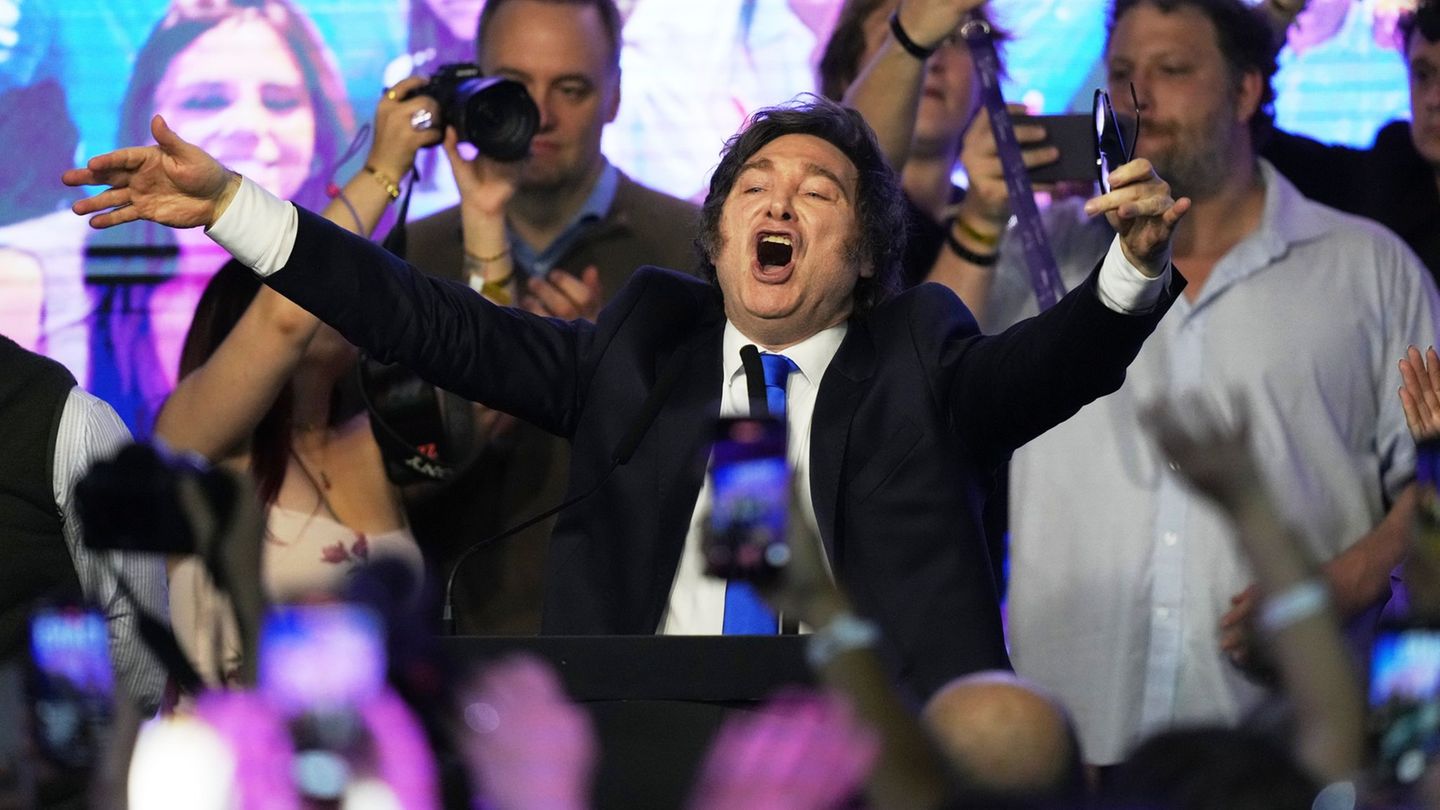The management industry has reduced leadership to a set of skills: to speak in public, delegate, motivate, align Kpis. In stability times, these skills allow sustaining efficiency. But when the environment disintegrates, when the procedures no longer explain what happens and the institutional language is emptied, what becomes decisive is not the execution, but the interpretation of the meaning.
There the fantasy is broken that leadership is a replicable technique. Every organization crosses, sooner or later, a break point. A structural crisis that cannot be resolved by applying the protocol, because the protocol was designed for another era. At that time, technical leadership ceases to have room. And the leader, wants or not, enters the field of politics.
Carl Schmitt He explained it with rawness: the essence of the political is revealed at the time of the exception, when there is no rule that governs and someone must decide. In that threshold, leadership is not defined by obedience to a procedure, but by the ability to act when there are no longer applicable rules. “Sovereign is the one who decides on the state of exception,” he wrote. And every institution – not only states – has its own state of exception.
Therefore, even if it refuses or to be seen, All leadership is political. It does not matter if it occurs in Congress or in a company, in a cabinet of ministers or in an operations management. Where there is power, conflict, disagreement and decision, there is politics. And where there is politics, another kind of preparation is needed: not technical, but reflective.
Management avoided that conversation. He preferred to train “professional” leaders, trained to manage processes and moderate meetings. Efficient figures for normal, but unusable contexts when the order is broken. We see it in organizations that cross internal collapses without real conduction: with people trained to execute tasks, but no one prepared to assume the burden of deciding without guarantees.
Leading is not to repeat a successful model
The policy – in the strong sense of the term – begins where the manuals end. Aristotle knew, who wrote about the Phronesis: prudence as a practical virtue of judgment in complex situations. Unlike technical knowledge (Techne), that operates on the predictable, Prudence demands to interpret the singular, the ambiguous, the unregulated. It does not seek to apply rules, but to deliberate on the best possible in uncertain conditions.
Therefore, leading is not to repeat a successful model. It is to exercise the trial. It is knowing when a decision, even imperfect, is preferable to institutional paralysis. It is to encourage themselves to think aloud when others only repeat empty phrases.
Antonio Gramscifrom jail, he talked about interregno: That historical time where the old does not finish dying and the new does not end up. It is there where the monster arises, but also where authentic leadership can arise. Not he who orders, but the one who guides. Not the one who controls, but the one who names what happens when no one is encouraged to say it.
This type of leadership does not appear in personality tests or coaching certifications. It is not about charisma or emotional intelligence. It is a will for responsibility against chaos. Of an ability to hold conversations that have no correct answers. Of a willingness to assume the cost of deciding when everyone looks the other way.
Lincoln did it in the darkest hour of the United States. Not because he was certain, but because he had character. Not because I knew how war would end, but because it was necessary to resist the cynicism of calculation and panic of improvisation. His legacy was not a method, but a way to inhabit the conflict without denying his moral and historical density.
Faced with collapse, leadership cannot be instrumental. It has to be interpretive. You have to read the situation, not just measure it. It has to build meaning, not just indicators.
To deny that politicity is a dangerous naivety. Believing that one can lead without assuming the conflict, without deliberating publicly, without appointing the discomfort, is to condemn the organization to a paralysis disguised as professionalism.
Because when the procedure is no longer enough, when experts do not dare to speak and the team expects a signal, an administrator is not needed. Someone who understands that the decision is not an anomaly is needed. It is the essence of leadership.
* Analyst and director of mentorpublico.com. X: @tanovazquezo
Source: Ambito
David William is a talented author who has made a name for himself in the world of writing. He is a professional author who writes on a wide range of topics, from general interest to opinion news. David is currently working as a writer at 24 hours worlds where he brings his unique perspective and in-depth research to his articles, making them both informative and engaging.




